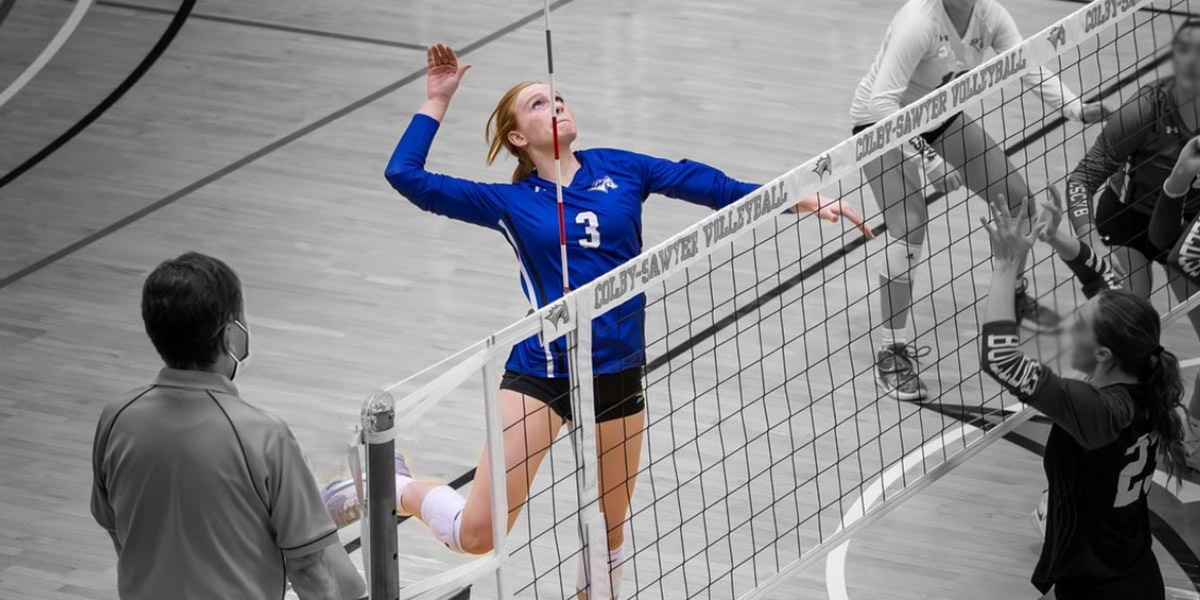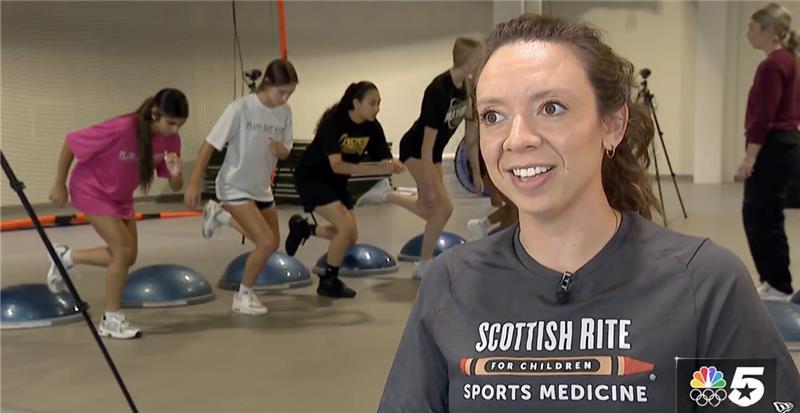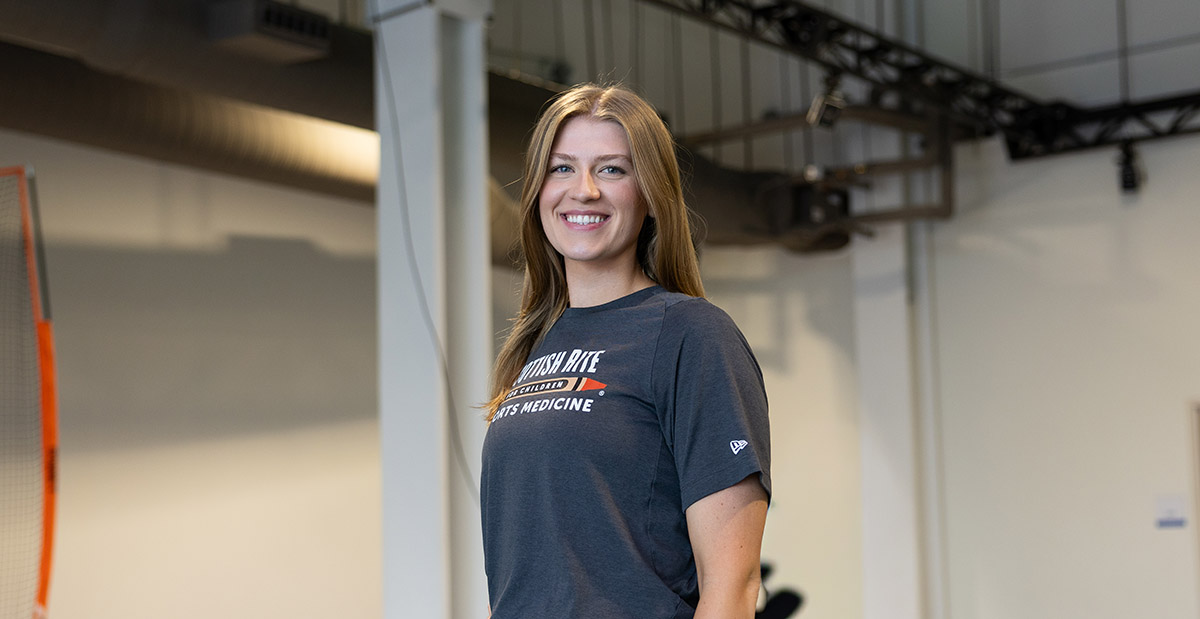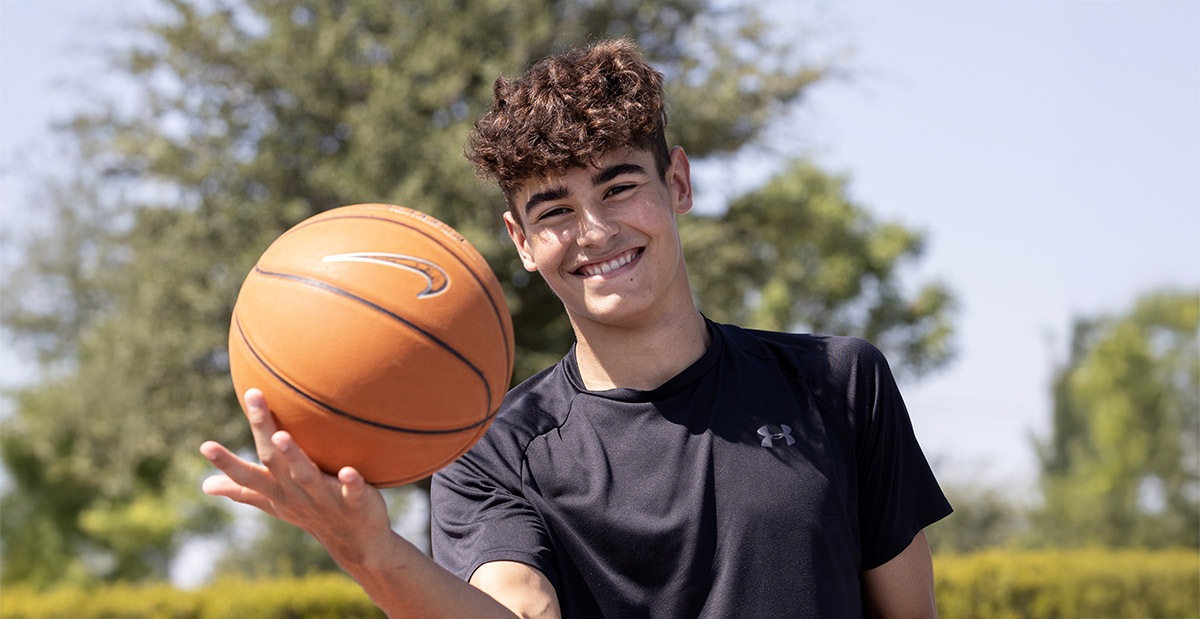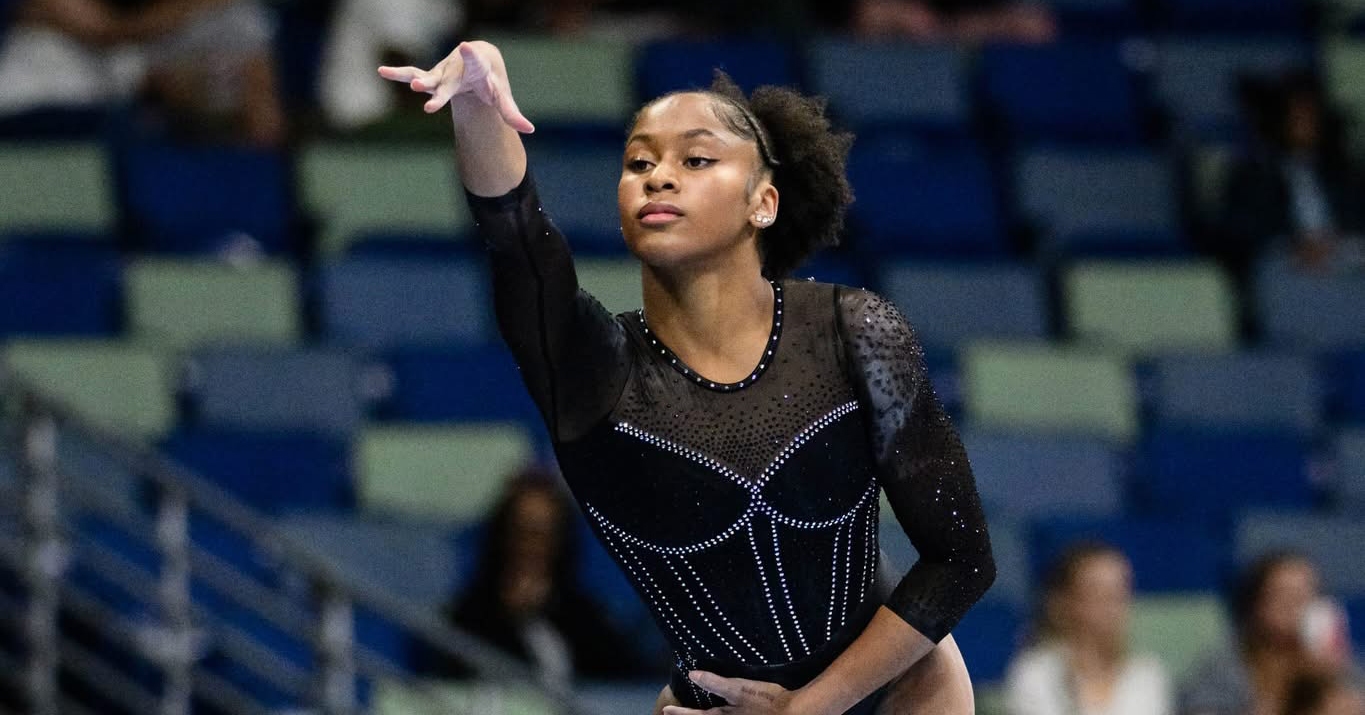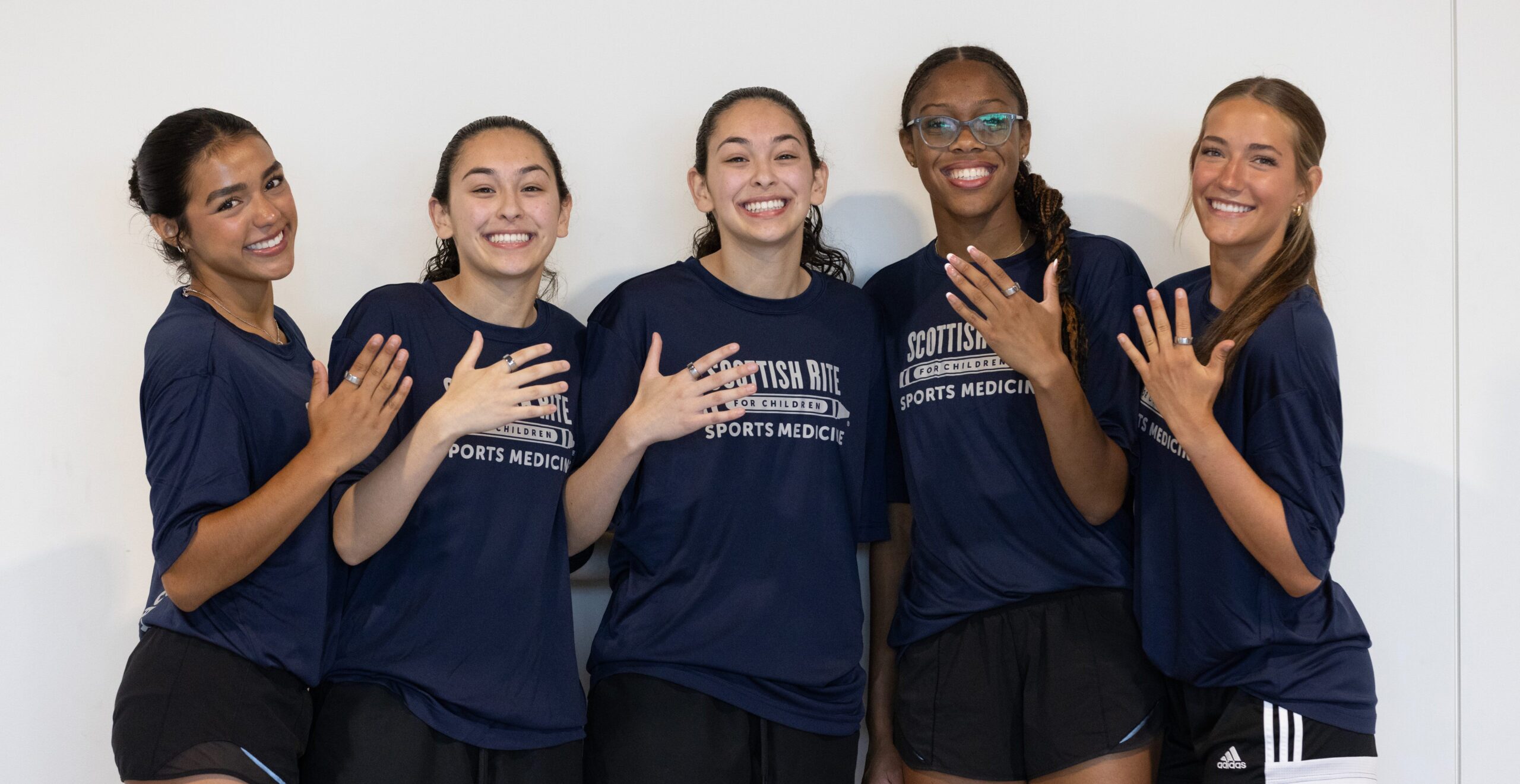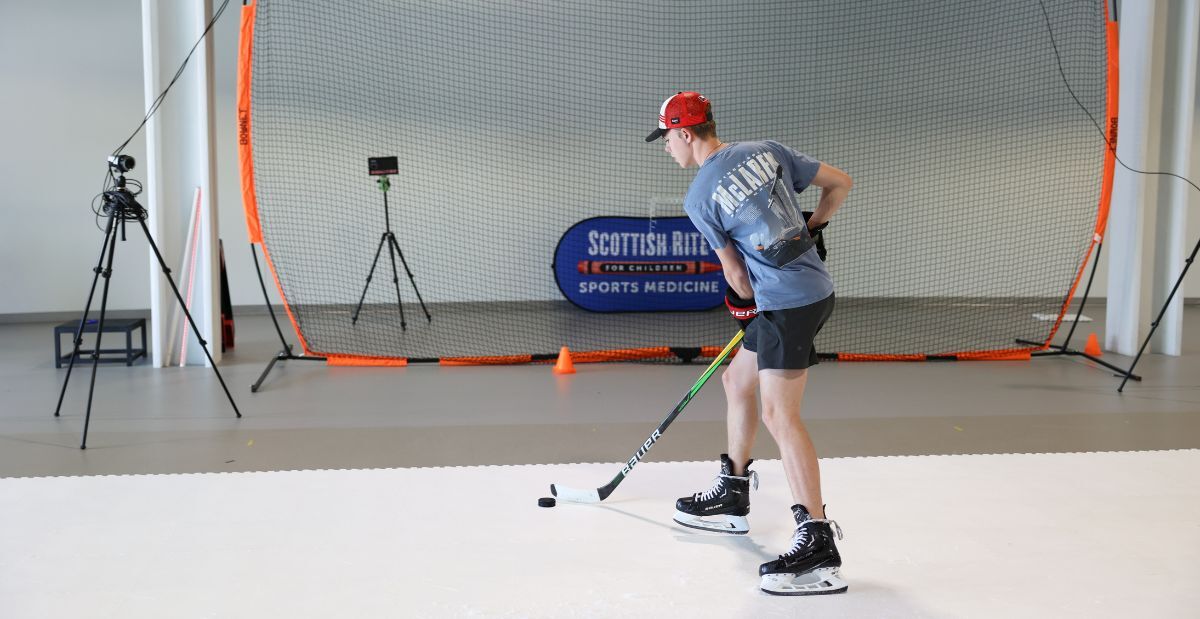Sports Nutrition
Sports Nutrition and Hydration
Every athlete needs fuel to grow, learn and perform. Food provides this fuel. Nutrition and hydration needs change depending on the activity, intensity, time available for recovery and individual preferences.
Downloadable Resources:
Tips From Our Specialists for Young Athletes
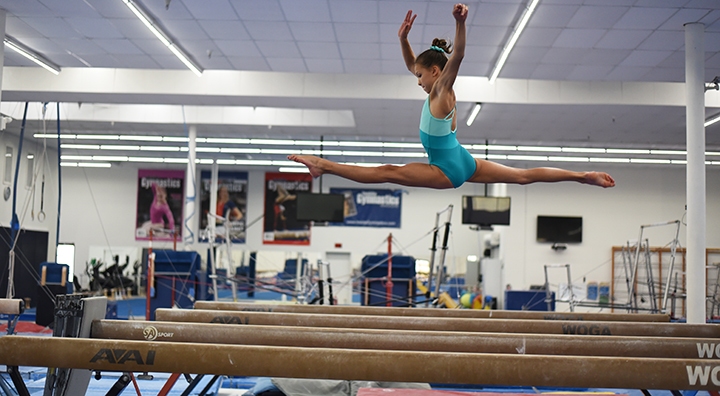
NUTRITION TIPS FOR YOUNG ATHLETES
The basics for a solid nutrition plan to support good health, performance and injury prevention
Here are our top tips for fueling active kids and athletes:
CONSISTENT MEALS & SNACKS
- Three meals a day
- One to two or more snacks a day (depending on the athlete, sport and training level)
VARIETY OF FOODS FROM ALL FOOD GROUPS
Food groups: protein, fruit, vegetable, grains/starch, dairy, fat
- At least three different food groups per meal
- At least two different food groups per snack
EXCEPTION = during training or competition
ADEQUATE FLUID INTAKE
- Drink with and between meals and snacks.
- Choose water first. Consider adding sports drinks with high-intensity activity lasting more than an hour.
POSITIVE/HEALTHY FOOD ATTITUDE
- Food is here to fuel, improve performance and prevent/help heal from injury.
- Notice hunger, satiety and how different foods work with training and competition.
Competitive and elite child and teen athletes are at greater risk for bone stress injuries due to their high activity levels. Making sure optimal nutrition is part of the training plan is key to keeping bones under constant pressure strong and healthy.
Who is at risk of weak bones?
Adolescence is an important time to lay the foundation for building strong bones.
Those at an increased risk of weak bones and bone injuries include athletes who:
- Are not meeting their daily calorie and nutrient needs for bone development, due to:
- Higher calorie needs related to frequency and duration of training and competition
- Food allergy, intolerance or dislike of dairy products
- Picky eating habits that eliminate green vegetables, seeds and other calcium-rich foods listed above
- Are female and participate in endurance or high-intensity sports with irregular menstrual cycles
- Play indoor sports with limited exposure to the sun
Athletes who are experiencing bone stress injuries may need even more calcium and vitamin D. Speak with your doctor and registered sports dietitian if you have concerns.
Most young athletes can get everything they need from food and beverage alone. However, in some cases, dietary supplements may be needed. Supplements are not regulated and may contain harmful substances for the young athlete. If you think your athlete needs to supplement, reach out to your sports medicine physician and sports dietitian for a plan to supplement safely.
Risks Associated with Consuming Energy Drinks
Energy drinks are not recommended for the pediatric population.
Energy drinks contain large amounts of caffeine and herbal blends (high doses of vitamins and amino acids). We do not know how young pediatric bodies will respond to these products. There are concerns for safety regarding the contents and concentration of products in these drinks, and they are not approved by the Food and Drug Administration (FDA), which regulates products to ensure safety. Because the production is not regulated, there are risks of contamination and impurities. Energy drinks often contain high concentrations of questionable contents and have been reported to cause adverse effects, such as:
- Stomach (gastrointestinal) issues
- Nausea
- Shaking
- Overstimulation (affecting sleep, training, performance)
- Anxiety
- Irritability
- Insomnia
- Headaches
- Severe complications, including cardiac arrhythmias, seizures and death
Fluids are as important to the health and performance of a young athlete as food. It’s important that the young athlete drink fluids throughout the day, not just at practice. The best fluids are water and milk, but in some instances, a sports drink may be needed. Grab your water bottle and don’t wait to hydrate!
Sports Drinks
In most situations, water is the best choice for hydrating young athletes. Sports drinks are only recommended when participating in activities:
- In very hot or humid environments
- With high intensity for longer than 60 minutes
- Sports camps, tournaments and double-headers
When water isn’t enough, reach for a sports drink with a good mix of water, electrolytes and carbohydrates. For many young athletes, 30-60 grams of carbohydrates in an hour is all they need. You can find this information on any standard nutrition label. Otherwise, stick with water, start early and drink often.
Busy young athletes may find themselves lethargic, with bone stress injuries, with repeated or nonhealing injuries, or unable to improve their skills and performance even though they are training more and training harder. This can be due to low energy availability, a condition in which the athlete is not eating enough to meet their increased needs for sport, growth and everyday movement.
Often, this is unintentional, but in some cases, like in aesthetic sports, it may be intentional. If your young athlete is experiencing stress fractures, repeated injuries, nonhealing injuries or growth disturbances, it’s important to reach out to your doctor, a sports medicine physician or a sports dietitian to assess if your athlete is getting enough calories and nutrition. Even a slight increase in overall intake and nutrition can leave your athlete more energized, better able to recover, injury-free and performing their best!
A Note About Weight
Young athletes face daily pressure regarding body image, whether from social media or other external social stressors. Certain sports, in particular, place emphasis on a certain body type. Some emphasize a lean physique, such as gymnastics, figure skating or ballet, while others emphasize a more muscular physique, such as football, powerlifting and basketball.
Many athletes, in an attempt to “lose or gain” weight to fit the prototype of their particular sport, participate in unsafe and unhealthy weight gain/loss practices such as fad diets or supplements that are not FDA-approved. They are not aware of the possible adverse effects and consequences these may have on their health and even performance. Sudden weight gain or loss is not recommended for the young athlete. Instead of focusing on weight, the young growing athlete should focus on overall health and a well-balanced diet.
It's important how medical providers, coaches and parents speak to young athletes about nutrition and weight. Sports medicine physicians and registered dietitians are trained in how to counsel children and parents on this topic. If at all hesitant, it could be useful to talk with an expert about how to work with your young athlete on healthy weight loss or weight gain before discussing with your child.
Latest news: Sports Nutrition
Podcast: Balancing Training, Growth and Play
Sports medicine orthopedic surgeon John E. Arvesen, M.D., was invited to share his expertise on the right way to support a young athlete without pushing too hard on the Heaven or Heisman…
Kamryn Serves A Comeback After Knee Injury
Kamryn spends most of her time on the volleyball court, a sport she has loved since high school. She makes an impact at the net as a server for her college’s volleyball…
NBC 5: ACL Injuries Among Girls Are on the Rise
Movement science researchers at Scottish Rite for Children received a $1 million grant from Lyda Hill Philanthropies to fund, in part, a project that will tackle why teen girls tear their anterior…
Get to Know Our Staff: Ava Davis, Movement Science Lab
What is your job title/your role at Scottish Rite?I am a biomechanist for the Movement Science Lab (MSL) in Frisco. I help with a range of things, like collecting data, analyzing data,…
Noah Dunks on Osteochondritis Dissecans of the Knee
Cover story previously published in Rite Up, 2025 – Issue 3. by Kristi Shewmaker It happened after school. At an innocent game of touch football, Noah was tackled from behind. He never…
CBS Texas: How the Culture of Youth Sports Is Changing and Becoming More Accepting
A recent CBS Texas report explored how the culture of youth sports is shifting to prioritize fun, balance and emotional well-being over pressure and competition. Director of Medical Sports Medicine, Shane M.…
Frisco Style: When the Game Gets Too Big
By Monica Wallis In cities like Frisco, where the population has surged by over 77% in the last decade and sports are stitched into the community’s identity, the growth of youth athletics…
Scottish Rite for Children Announces World Champion Gymnast Skye Blakely as Its Health Care Ambassador
Scottish Rite for Children proudly welcomes Frisco’s own Skye Blakely, world champion gymnast and former patient, as its newest ambassador. Blakely will use her journey as an elite athlete to help spotlight…
Lyda Hill Philanthropies Awards Scottish Rite for Children $1 Million to Study ACL Injury Prevention in Young Female Athletes
Groundbreaking studies will address the ACL epidemic in active adolescent females by using movement science Movement science researchers at Scottish Rite for Children have received a $1 million grant from Lyda Hill…
WFAA: Movement Science Lab Uses Tech to Prevent Sports Injuries
The Movement Science Lab at Scottish Rite for Children is using advanced markerless, 3D motion capture technology to help prevent sports injuries in young athletes. Led by Division Director Sophia Ulman, Ph.D.,…



